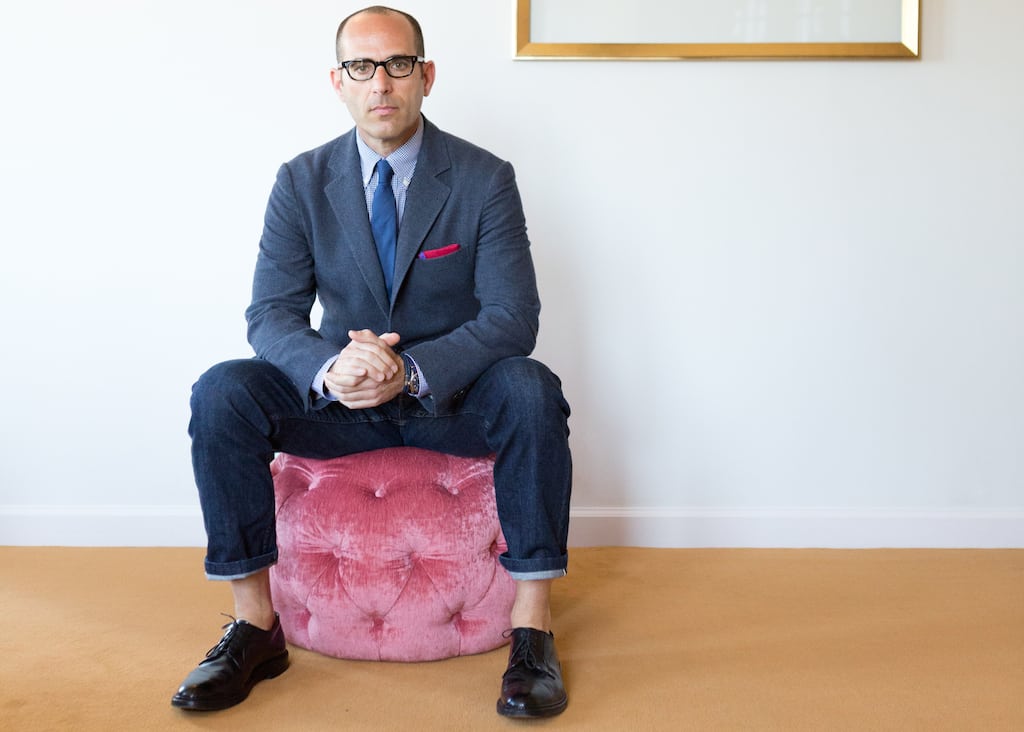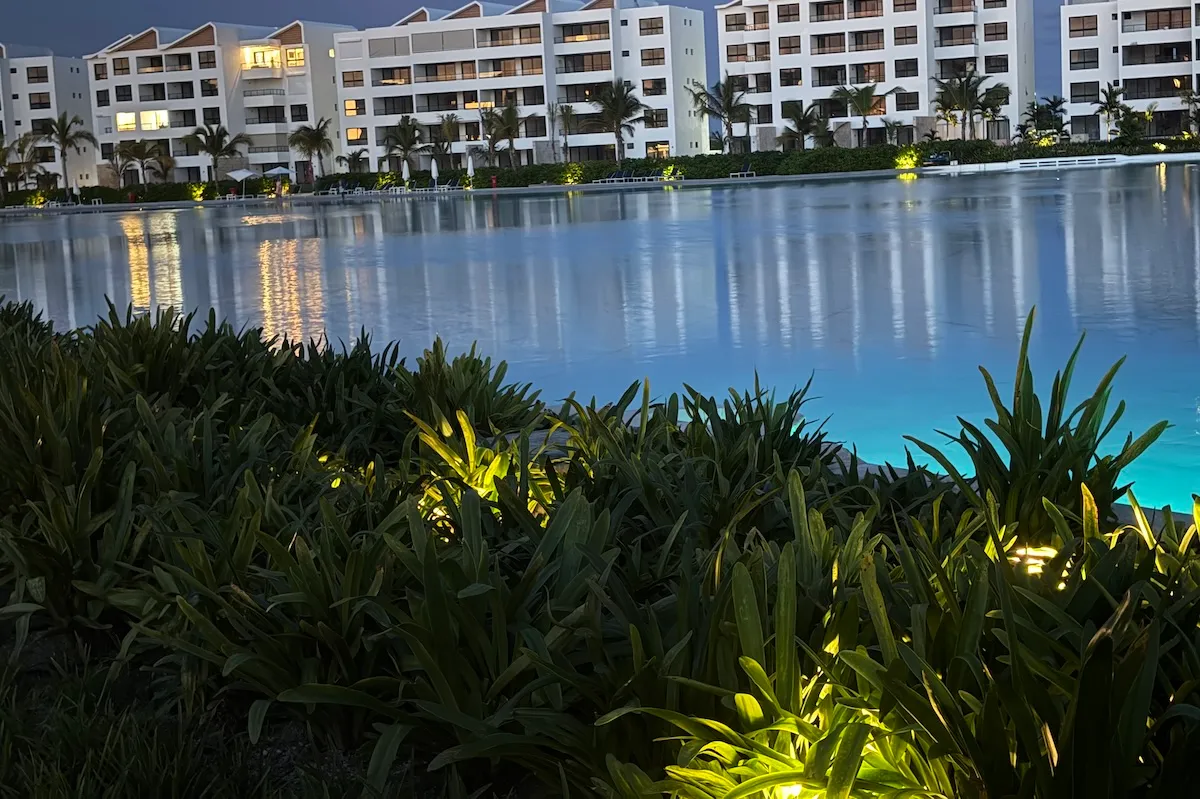Skift Global Forum: Paligroup Founder Avi Brosh on the Future of Boutique Hospitality

Skift Take
Avi Brosh spent more than 20 years in the real estate world before taking the plunge into hospitality full-time. He then founded Paligroup where he spearheads the concept, design, development and operations of buzzed about California hotels Palihotel Melrose and Palihouse Santa Monica.
Brosh is protective of his properties, which are more carefully conceived and curated that most others occupying the boutique hospitality space today. As fanboys eagerly await the brand's expansion, Brosh takes pain to keep Paligroup's properties what they are today.
Brosh will speak October 9 about the future of the boutique hospitality experience at the Skift Global Forum on The Future of Travel. Skift caught up with Brosh to learn more about his start in the hotel industry and his views on boutique wannabes.
The Skift Global Forum is sold out.
Sign up for Daily News and Alerts About Future Events
Skift: What experiences have been critical in the development of your unique hospitality approach?
Avi Brosh: I come from a development background so I grew up in the general real estate world where I was developing my own projects for a really long time before I decided to do hotels. I did not come into it with this kind of pie in the sky, idealist view of what the end product would be. I really started and came to it with a technical, realistic expectation about what we could develop with the real estate asset.
Skift: What the hole in the market do you see Palihouse filling?
Brosh: I really saw an opportunity in suited products. I really felt like there was no one out there that was equating the actual hotel experience with a suite experience and no one who had done stylistically in a way, kind of an urban residence and taking the two and combining them together. That’s where I saw the hole and combining with an inspired food and beverage program. Taking this idea of suites with a design interest as a key product and food and beverage and combining them all into a thoughtfully-done place, is where I thought the hole in the market was.
Skift: How do you balance the importance of design versus the importance of service? Is one more important than the other?
Brosh: Everyone will tell you that design and service are equally important and all that lip service, but I think that the answer to the question is that if you deliver on what you’re promising, if you execute on what you say you’re going to execute on, whether it’s five-star service or one-star service, if the customer knows what they’re getting into and you’re doing a great job delivering that then I think you’re delivering on your service promise.
Service delivery changes over time. What service delivery was in 1997 is totally different from what it was in 2012. As an operator, you have to decide on what it is that you’re going to promise your customer. I think that the ones that do a good job, execute on that. That’s not only for service, but also for design. People will rely on us for a certain stay and they rely on other operators for a different aesthetic.
I think the ones that excel are the ones that not only deliver the design aesthetic but also deliver service that they promise the customer on the way in.
Skift: There is so much love and consideration put into the design of each room. Is it possible for this to scale?
Brosh: I think that it is a loaded question because there’s a lot of people who consider themselves in the boutique space, that I would argue probably are not in the boutique space, that do scale. There are other independent operators that do a good job at scaling. I think, for myself as an operator, I would say that there is an opportunity to be scalable but each property is unique so therefore we don’t have a brand book per say. We are doing projects on a one by one basis but each place that we undertake has the same underlying sensibility. I think the underlying sensibility would scale but
Skift: What separates a truly boutique property versus a hotel corporation's boutique brand?
Brosh: I think boutique hotel has become a very homogenized word. I don’t think boutique hotels are a space any more. They’re an asset class more than anything else.
If you’re asking what makes a boutique hotel, truly a boutique hotel, then I think the answer to your question is that it really has to be an independent vision and have an independent sensibility. The best boutique hotels evoke a feeling and a vibe and a connection to the neighborhoods in which they’re located that other hotels just can’t be bothered with. You can’t scale that. The best operators are the ones that connect you to what’s happening in the local neighborhood and evoke a feeling about a place that combines travelers and locals alike.




